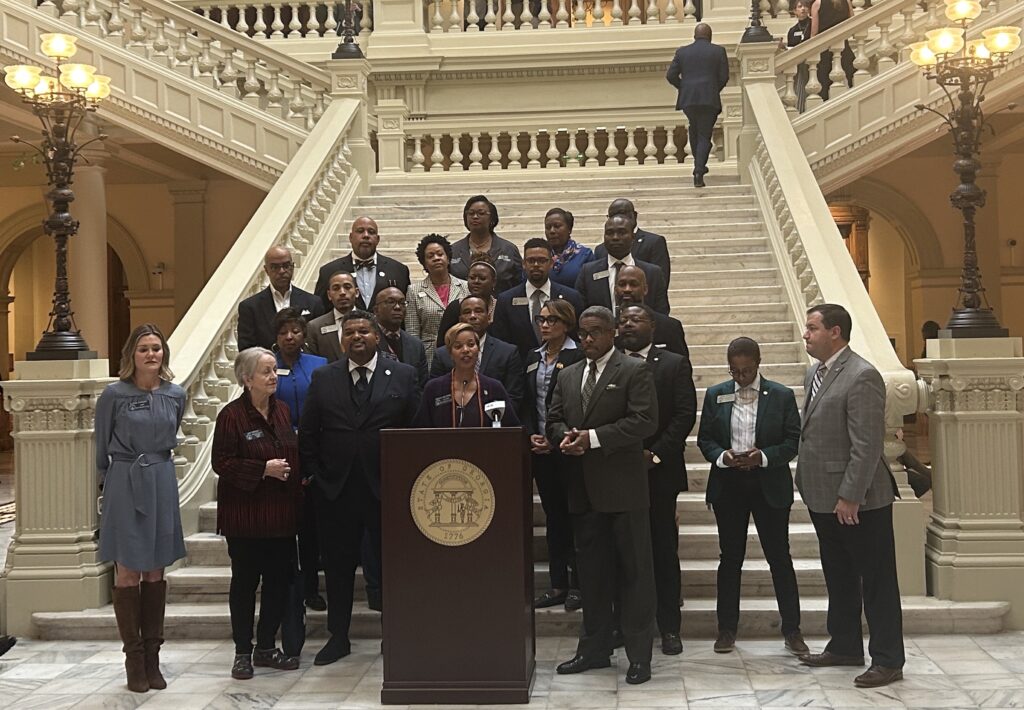
ATLANTA – A new bill with bipartisan support would, if passed, take the first step toward creating “prosperity planning districts” around Georgia’s 10 Historically Black Colleges and Universities (HBCUs).
“These planning districts allow … governments as well as private and philanthropic interests to leverage their resources to support innovation, technology, entrepreneurship at our HBCUs and modernize the campuses and surrounding communities,” said state Sen. Sonya Halpern, D-Atlanta, who introduced the measure this week.
The idea is to leverage the resources of the HBCUs to improve the economic and workforce prospects of surrounding communities, Halpern said. If eventually created, such prosperity planning districts around HBCUs would likely be the first of their kind in the country.
“Perhaps some mixed-use housing could be developed on land owned by our HBCUs, also creating another revenue stream for the schools themselves,” Halpern said.
Halpern also suggested that funding for broadband upgrades could benefit both the colleges and their surrounding communities.
Halpern’s bill proposes creating an 11-member commission within the state’s Department of Community Affairs to spearhead research about the needs of communities around the state’s HBCUs, with an eye toward recommending economic development measures around those campuses.
The commission would establish advisory committees for planning districts around Albany State University, Savannah State University, the Atlanta University Center, Fort Valley State University in Middle Georgia, and Paine College in Augusta.
The proposal grew out of a Senate study committee focused on HBCUs that was chaired by Halpern and met several times last fall.
Halpern is the main sponsor of the new bill, which has garnered support from Republican cosponsors Sens. Jason Anavitarte of Dallas, Brandon Beach of Alpharetta, and Billy Hickman of Statesboro.
It has been assigned to the Senate Economic Development and Tourism Committee, which is chaired by Beach.
This story is available through a news partnership with Capitol Beat News Service, a project of the Georgia Press Educational Foundation.